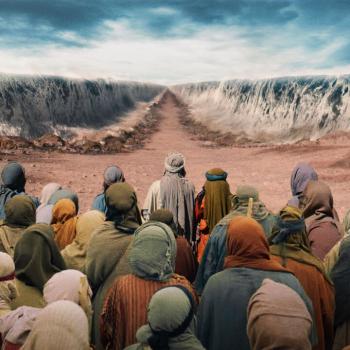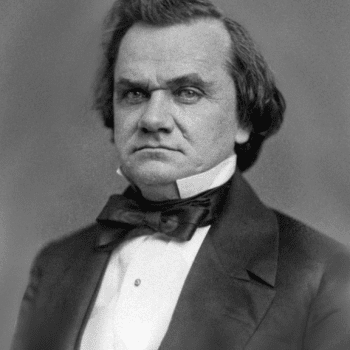In Marxist philosophy, the expression “cultural hegemony” refers to the beliefs, explanations, perceptions, values and moral norms of a ruling class whose worldview is accepted as the cultural norm or “universally valid dominant ideology.” According to the student radicals of 1968, the ruling classes of western societies had for centuries promoted Christianity as their dominant ideology, not because it is true, but because it served their political and economic interests. Thus, in order to destroy their power, it followed that one had to undermine the so-called cultural hegemony of Christianity itself.
Different Marxist factions had different ideas about how best to go about this. The Italian Communist Antonio Gramsci drew a distinction between what he called a “war of manoeuvre” and a “war of position.” The war of manoeuvre was the Stalinist model. One simply used political violence to achieve one’s ends. But Gramsci thought this would not work in the more highly developed Western countries. For these countries, he recommended a war of position. A war of position is one in which one first identifies “switch-points of social power” and then one seeks to peacefully take control of those switch-points. The switch-points all relate to the field of cultural values – in particular, the arts and education. The most important switch-points of power are positions like school principal, university professor, government policy maker, education department bureaucrat and journalist.
In 1967, Rudi Dutschke, a German student leader, reformulated Antonio Gramsci’s philosophy of cultural hegemony with the phrase, “The long march through the institutions.” Instead of a long military march, such as the one undertaken by the Chinese Marxist Maoist Tse-Tung, in the highly developed western countries the long march would be through the most culturally significant of our social institutions – that is, through schools, universities, courts, parliaments and through the media, through newspapers and television.
In Italy and in other countries to which the Comunione e Liberazione movement spread, CL became a movement of Catholic opposition to this long march. Giussani, in other words, was the foil to Gramsci. When Giussani died in February 2005 just weeks before the beginning of the papacy of Benedict XVI, it was Joseph Ratzinger who delivered his funeral homily. Referring to the turmoil of the late 1960s, Ratzinger suggested that the great temptation of that decade was to “transform Christianity into moralism, and moralism into politics, to substitute believing with doing.” Against this trend, Giussani’s movement stood for the principle that in all things, the encounter with Christ is central. Giussani offered a Christocentric reading of the Second Vatican Council, not a reading which sought to correlate the teachings of the Church to elements within the culture of liberal-modernity.
via Comunione e Liberazione: Christ and culture in the contest between Giussani and Gramsci – Opinion – ABC Religion & Ethics (Australian Broadcasting Corporation).
Even though Marxist communism has collapsed in the Soviet Union, do you see today’s radical left still following Gramsci’s tactics? What about Ratzinger (later Pope Benedict XVI) and his comments about Christianity turning into moralism and moralism into politics? Is this a danger on the right as well as the left?
















